.png)
The UK’s largest and only event covering all aspects of the fight against Alzheimer’s & dementia from drug discovery to treatment to care
If you’re involved in caring for others – as a care provider or health and social care professional looking for the very latest and best products or services, a family carer looking for help and support – or simply someone interested in care, the Alzheimer’s & Dementia Show is for you. Featuring a wide range of care exhibitors, expert speakers, training and experiences you won’t find anywhere else, this event provides a great opportunity to learn, discover solutions, and network with people who work in the sector.

Full Dementia Interpreters Course– Training2Care
Full Virtual Dementia Tour & Training Experience – Training2Care
Dementia and Care Matters Theatre
Leading Dementia & Care Exhibitors
Visitor D.B – Brighton
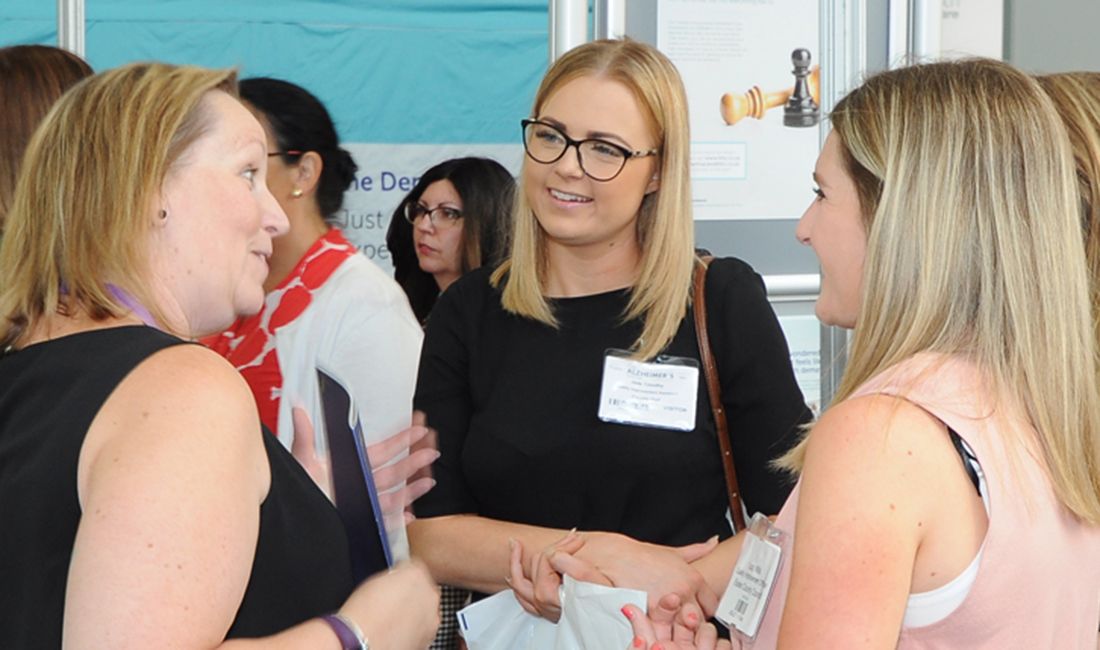
About the event
The event encompasses the whole care industry with a focus on dementia and other conditions. Featuring talks, products and services it will provide you with access to the best information to help those you care for
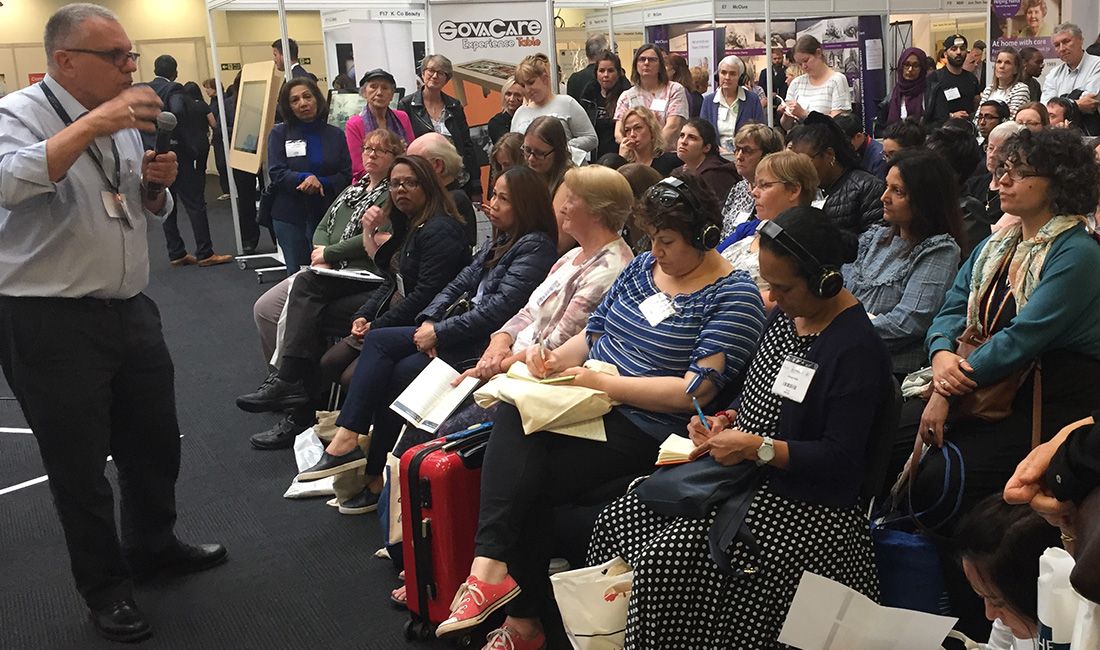
Speakers
Hear from some of the UK’s leading care specialists present a wide range of topics in our Dementia and Care Matters Theatre and practical advice from specialist and exhibitors in our Talks Hub.
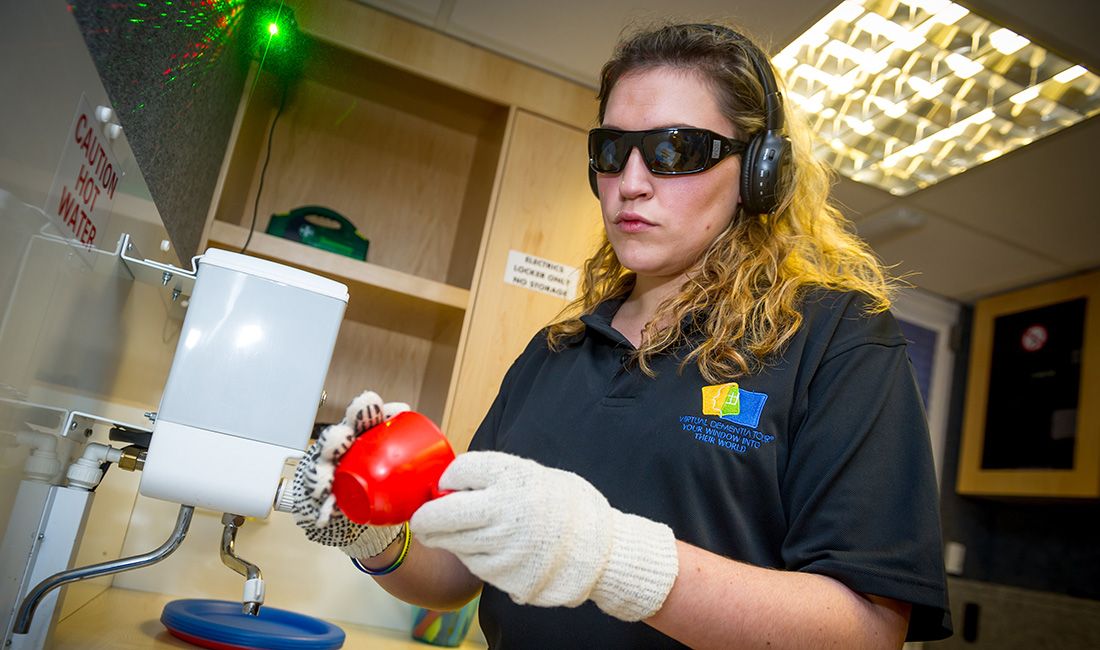
Professional training
The only event in the UK providing professionals with a unique opportunity to access individual dedicated training with the Virtual Dementia Tour and Dementia Interpreters Course.
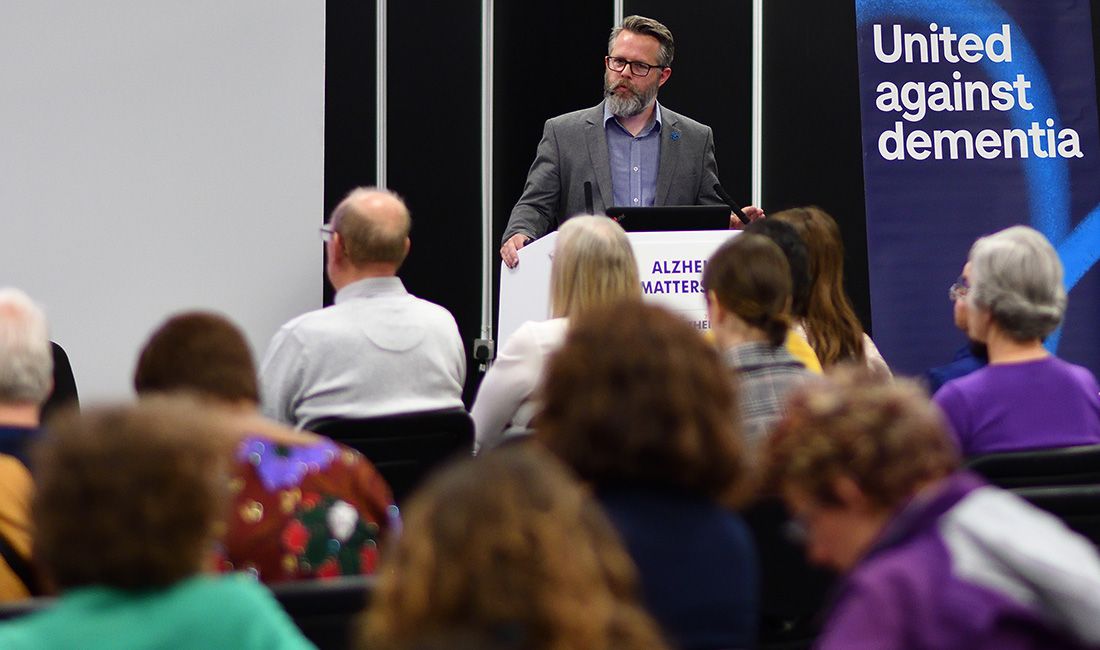
Show features
The 2 day event gives access to a wide range of dementia and care talks, innovative exhibitors , 1-2-1 advice clinics well as a CPD Accredited conference programme and individual training for professionals.

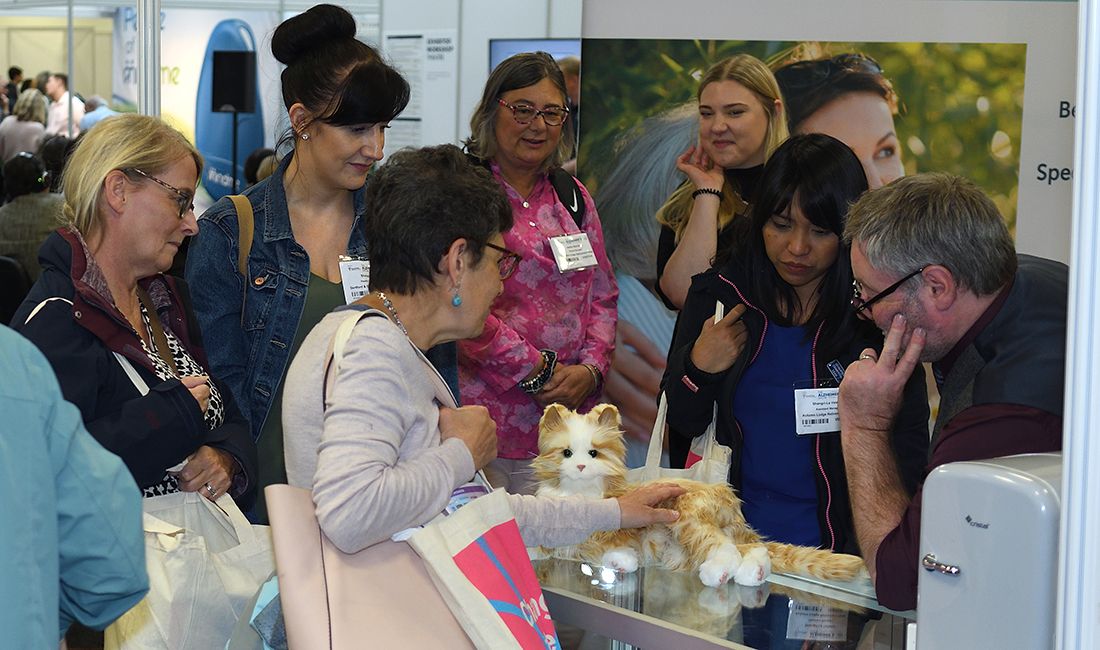
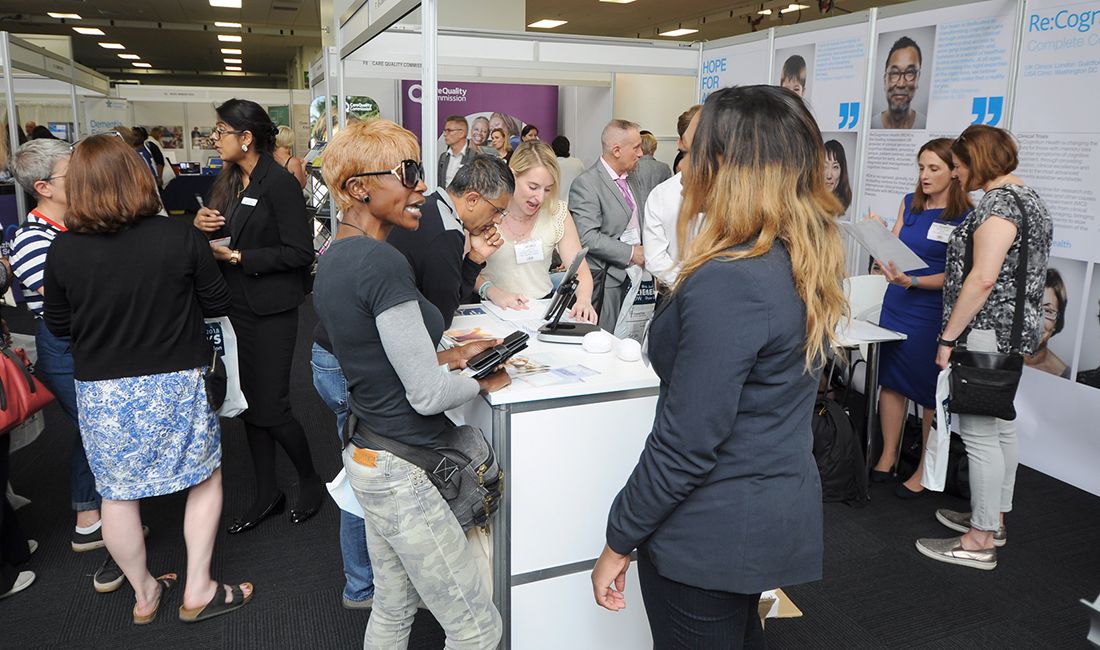
)
)
)
)
)
)
)
)